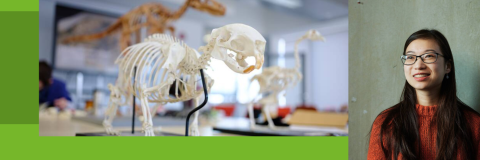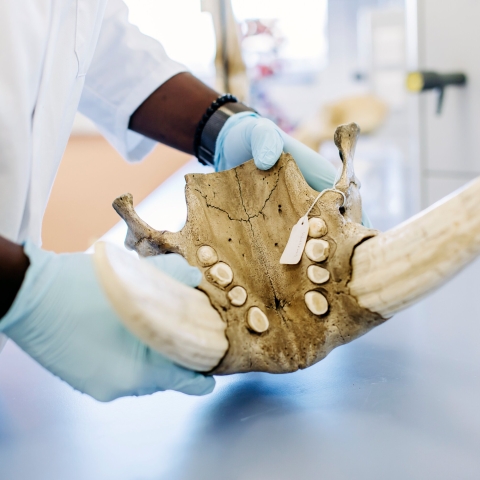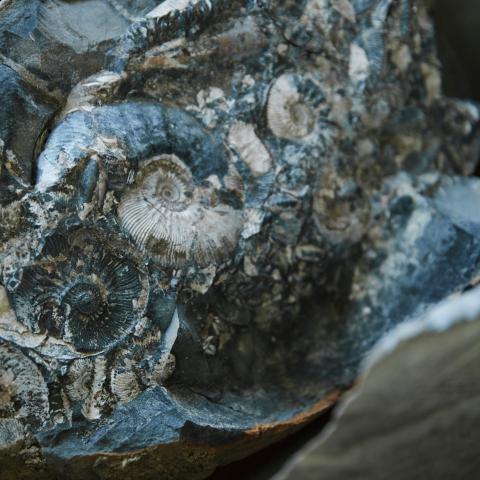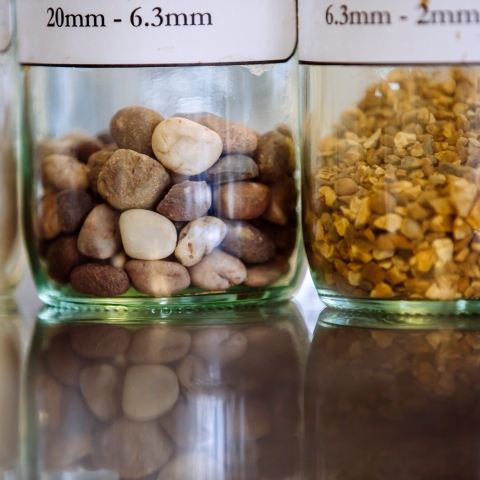
Getting experience is essential, and there are different ways you can gain experience and develop transferable skills whatever your career goal, for example this could be by working on a part time basis, undertaking a summer internship, through work shadowing or volunteering. It is worth remembering, however, that it's not the amount of experience that you gain but what you make of it that will count in your favour when looking to progress your career. Below you will find different areas that you could consider for potential work experience in this field.
Types of opportunities
Below are some examples of the different types of opportunities to gain experience while you study.
Placements are a great way to gain substantial experience, help you to build contacts and gain an understanding of an organisation.
On some degrees, work placements are part of the programme, whilst on others you can choose to complete a placement as one of your modules.
To learn more about completing a placement, you can contact the Placements team in the Careers and Employability Service.
If you wish to work in the museum sector then volunteering is crucial. Don’t limit your efforts only to national and large regional museums and galleries. They are likely to be overwhelmed with requests for voluntary work. Apply to smaller local museums as you are likely to get a broader range of experience.There are several museums in Portsmouth that you could use as a starting point:
- Cumberland House Natural History Museum
- Portsmouth Museum and Art Gallery
- National Museum of the Royal Navy
If you cannot see a role advertised then approach the museum yourself. Treat your request as if you are applying for paid work - find out about the museums that you are interested in, visit them if you can and when you contact them explain why you want to volunteer for them. Be honest about how much time you have available - you're more likely to find an opening if you are available for the same amount of time each week.
If you would like to gain some direct experience in Palaeontology, it could be worth investigating organisations that might give the potential for working in the field.
As a starting point you may look at the following local organisations:
If you intend to pursue an academic career, gaining experience whilst you are an undergraduate student would be advantageous. Experience such as volunteering to be a course representative is a great way to network with academic staff and to understand how academic departments are structured and conduct their business. A part time role working as a Student Ambassador, promoting the university at events such as Open Days, also would be a great way to gain experience. Equally any opportunities to attend conferences to network with researchers in your field of interest as well assisting researchers with data collection and classification could be a good way to gain new skills and experience.
Enhance your prospects with hands-on experience through volunteering. Whether you're uncertain about your career path or aiming for professional success, volunteering offers a chance to explore diverse roles.
You can also get involved in relevant university projects through the different groups and societies via the Student Union. This is a good way of demonstrating your motivation and interest in this area of work.
Internships are usually for a fixed period and give you more hands-on experience. Many employers will treat interns in the same way as full-time employees, so when future job roles ask for 'at least one year's experience' you can include an internship in this type of experience.
Where to find work experience opportunities
Some key online platforms include:
Speculative applications
Speculative applications involve sending a CV and cover letter to an employer to ask if they have any vacancies, even if the company is not currently advertising for a role. They're a great way to access "hidden jobs" that go unadvertised.
Submitting a speculative application shows your interest in a specific company and your willingness to go above and beyond to develop your skills and understanding of the industry.
Enable University alerts
Turn on notifications for critical updates like closures, safety alerts, and urgent service disruptions.













